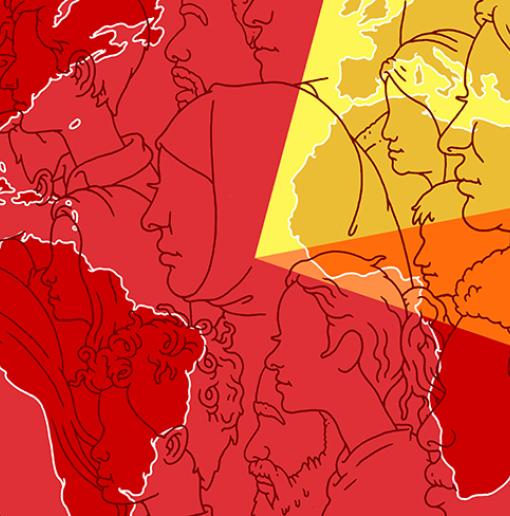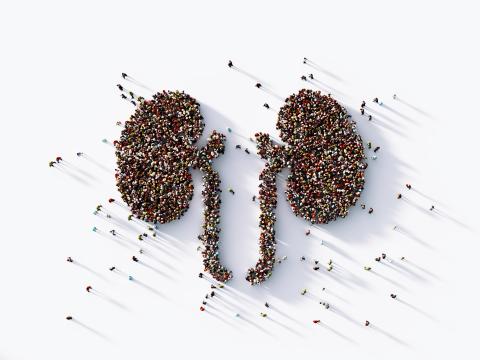Stage 3: Amplify Impact
Up to $5,000,000 for a maximum of 5 years

Long-term Support for Proven Insights
Stage 3 funding from Stanford Impact Labs (SIL) is designed to supercharge teams that have a demonstrated track record of successful partnership-based R&D cycles and are ready to take their work to the next level. Stage 3 funding supports teams to either put specific insights to use across multiple contexts at scale (we call this Track A), or run multiple R&D cycles across multiple different insights around a common impact-focused research agenda (we call this Track B). SIL plans to deploy no more than $5M of Stage 3 funding in a given cycle and expects that only the most exceptional teams will be eligible.
Please note: SIL will not be launching a Request for Proposals (RFP) for Stage 3: Amplify Impact in the 2025-26 academic year. We plan to re-open this window in a future funding cycle. If you would like to be notified when we next launch Stage 3 (RFPs typically go out in September or October), please complete this form and sign up for our monthly newsletter.
Track A: Scaling Insights
Track A investments provide flexible funding to put specific insights to use across multiple contexts at scale. To be eligible, teams must demonstrate that the proposed solution has evidence of effectiveness, improves upon alternative approaches, and presents strong paths from science to impact. We welcome different approaches. For example, a Track A investment might offer:
- support for an impact lab to extend a solution to even more partners or contexts
- funding for an established nationwide organization to adopt insights initially developed with Stanford faculty
- capacity to launch an independent venture focused on scaling a solution.
SIL resources are intended to be catalytic: in all cases we expect to see a clear plan detailing how the proposed solution will reach large numbers of people and be sustainable beyond the life of our investment.
Investments in R&D must remain a priority as teams work through the key questions that are necessary for impact on human lives to be sustained at scale. This could include:
- continued testing to improve an intervention
- adapting a scientific insight to new contexts or in new interventions
- unpacking how to sustain operational excellence at scale
- testing different scaling pathways
- conducting research to better inform how to ensure outcomes at scale.
Track B: R&D Agenda
Track B investments provide long-term, flexible support to impact labs running multiple R&D cycles across multiple different insights around a common impact-focused research agenda. Again, we welcome a wide variety of approaches.
This funding could, for example, provide core support to an impact lab to run a set of connected R&D cycles that both test specific solutions in multiple settings which have the potential, in aggregate, to help make transformative progress against a big social problem.
To be eligible, teams must demonstrate the following:
- a strong track record of solutions-focused R&D cycles that have been successfully put to use for society
- a compelling pipeline of new R&D cycles with partnerships in place to put research to use
- a strategy to develop future R&D cycles.
Labs should also make clear how a multi-year investment in R&D in the problem area can generate a set of cumulative findings with the potential for transformative impact.
Scaling insights are crucial to successful R&D cycles that benefit society. While impact labs funded under this track may not be directly scaling insights, they must demonstrate credible pathways to scale, including partnerships with organizations that can take solutions to scale and sustain the impact of those solutions over time.
$2.5M invested: Immigration Policy Lab (IPL)
Learn More
$2.5M invested: Global Capital Allocation Project (GCAP)
Learn More

Investment Stages
We make staged and sequenced investments that move social science to impact.






